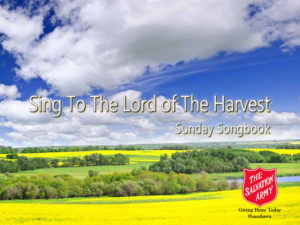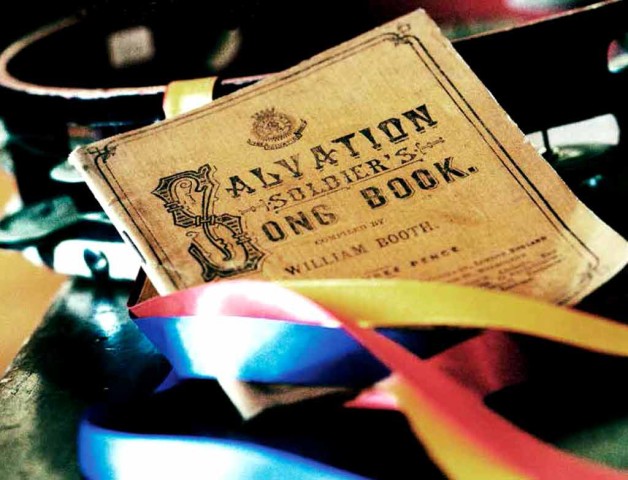I have a Home that is fairer than day,
And my dear Saviour has shown me the way;
Oft when I’m sad and temptations arise,
I look to my Home far away.
My Home is in Heaven; there is no parting there.
All will be happy, glorious, bright and fair;
There’ll be no sorrow, there will be no tears
In that bright Home far away.
Friends I shall see who have journeyed before
And landed safe on that beautiful shore;
I shall see Jesus – that will be my joy
In that bright Home far away.
O who will journey to Heaven with me?
Jesus has died that we all may be free;
Come then to Him who has laid up for you
A crown in that Home far away.
Here’s another song about Heaven and our hopes for joy beyond this earth. It isn’t often that we find a Canadian among the authors of old hymns, but Ada Garnett Nisbett was a Canadian who entered Salvation Army officership from Lindsay, Ontario. Her birthplace is uncertain, but may have been in London, Ontario. The Army had begun work in Canada in only 1882, and Ada served from 1885 to 1889 in various corps (churches) in Quebec and Ontario. She resigned in order to care for her unwell mother. Perhaps this song was written with her mother’s journey in mind. In 1893, Ada married John Nisbett. She wrote about 25 songs, although we have only this one in the song book. Some were published anonymously in The War Cry , the Salvation Army’s magazine, which is now called Salvationist .
She resigned in order to care for her unwell mother Share on X




